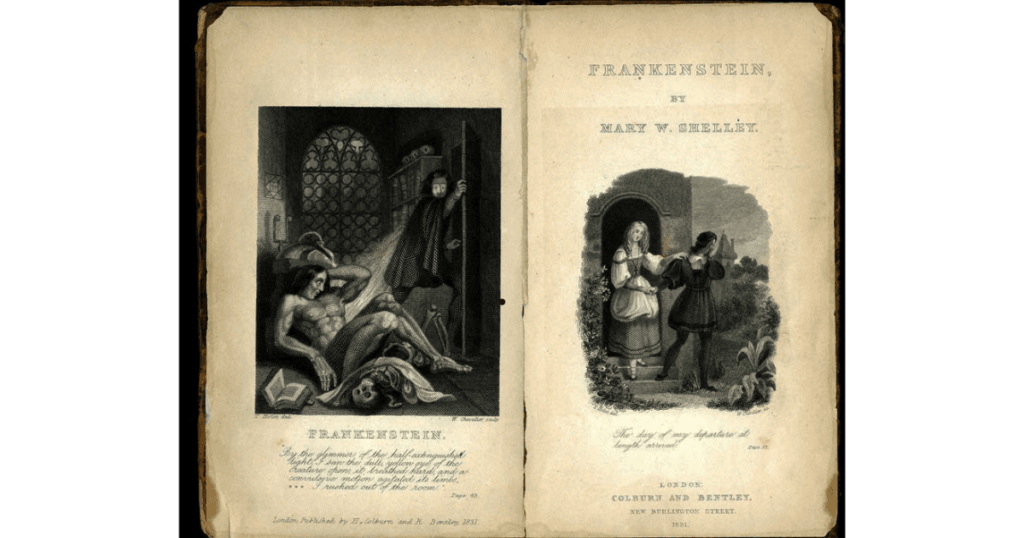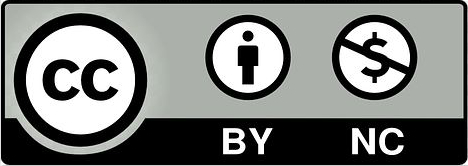
Utilizador final previsto: Professor
Grupo etário: Secundário superior
Currículo escolar: Ciências; Educação social, física e sanitária; Ciências sociais e ambientais
Temas e tópicos: Collective Action; Power & Influence; Information & Knowledge; Citizenship
Duração: 3 x 2-hour classes
Tipo de recurso: Lesson Plans, Presentation, Online Course, Workshop
Palavras-chave: Scientific Responsibility, Biomedical Ethics, Human Cloning, Cultural Myths, Misuse of Knowledge
Línguas: Inglês
Descrição
On a dark and stormy night in 1816, Mary Shelley began writing a story that posed profound questions about individual and societal responsibility for other people. Since that time, ‘Frankenstein; or, The Modern Prometheus’ has become one of the Western world’s most enduring myths. The story provides a framework for discussions of medical advances, which challenge our traditional understanding of what it means to be human.
The ‘Following Frankenstein: Mary Shelley, the Monster, and Medical Science’ module is divided into three two-hour classes that explore thematic and temporal features of Mary Shelley’s creation and its endurance. Each of the classes includes a brief introduction, a list of readings, visual resources, and discussion questions. This module examines the scientific and medical milieu which informed Mary Shelley’s creation of a young student of nature and his monster, and the ways in which this creation continues to speak to contemporary responses to biomedical innovations.
The readings have been chosen with the primary goal of helping students gain a sense of how developments in medicine raised questions about the nature of life and death, resuscitation, and renewal of the body. This engagement with the past is intended to provide background to students and give them a basis for thinking about the ways in which contemporary citizens respond to developments in the biomedical sciences, particularly around the beginning and end of life.
Como utilizar este recurso
This module provides a structured approach for teachers to explore the ethical, scientific, and literary significance of Frankenstein in a classroom setting. Designed as three two-hour sessions, it includes readings, visual resources, and discussion prompts to facilitate student engagement. Teachers can use this resource to connect historical scientific debates with modern biomedical advancements, encouraging students to critically examine ethical dilemmas surrounding life, death, and human responsibility. By integrating literature with science, this module fosters interdisciplinary learning, helping students develop analytical and reflective thinking skills while considering how past scientific discoveries continue to shape contemporary discussions on medical ethics.
Os recursos
Link to the resource::
And introductory online exhibition can be found here:
Resultados da aprendizagem
- Obter conhecimentos prévios e aprofundar o conhecimento e a compreensão dos conceitos-chave da Cidadania para a Sustentabilidade, desafiando as visões do mundo e os valores estabelecidos.
- Aplicar uma série de ferramentas e quadros adequados para promover a Cidadania para a Sustentabilidade dos estudantes
- Refletir sobre a prática e examinar os programas curriculares nacionais para identificar oportunidades de promover a Cidadania para a Sustentabilidade de forma interdisciplinar e envolver as partes interessadas externas.
- Sintetizar de forma colaborativa os conhecimentos, as ferramentas e os quadros para criar materiais didácticos e planos de aulas adaptados ao seu próprio contexto local
- Desenvolver e aplicar critérios de avaliação para avaliar a Cidadania para a Sustentabilidade nos alunos.
- Através de actividades de workshops e de comunidades de prática, desenvolver capacidades e agência enquanto educadores e líderes da Cidadania para a Sustentabilidade.
Competências verdes
- Abraçar a complexidade na sustentabilidade: Pensamento crítico; Enquadramento de problemas
- Perspectivas de futuros sustentáveis: Futures Literacy; Adaptability; Exploratory Thinking
Creative Commons

https://www.nlm.nih.gov/exhibition/frankenstein/education/index.html
https://www.nlm.nih.gov/hmd/copyright/index.html
Credit Line
If using any material from Historical collections for publication or production, please include the phrase: “Courtesy of the National Library of Medicine.”.
ODS


